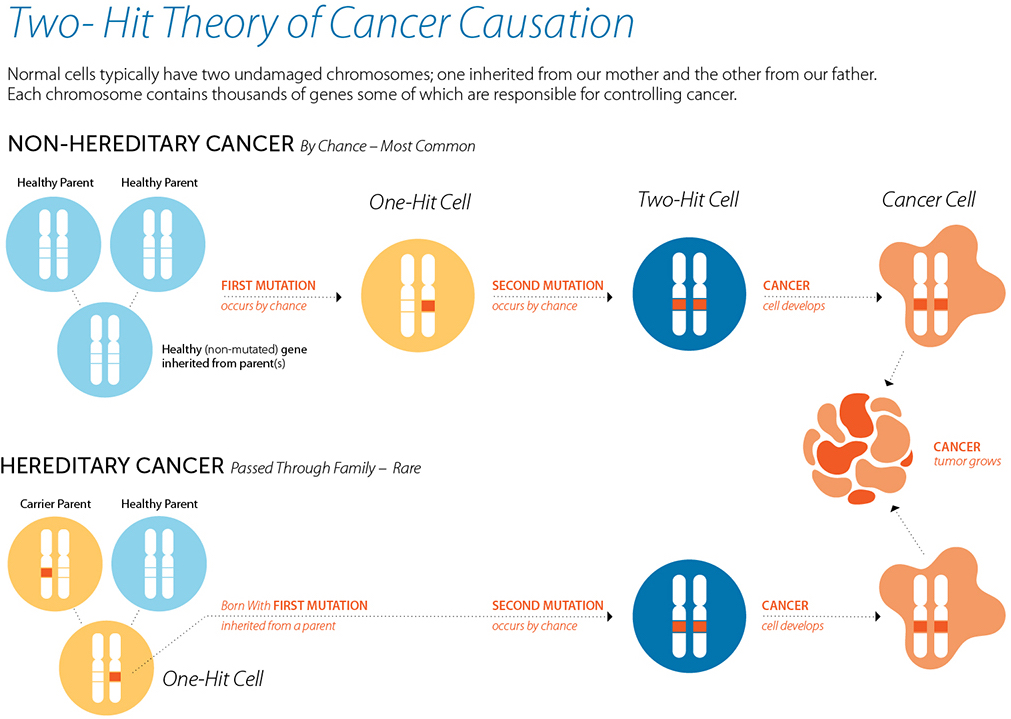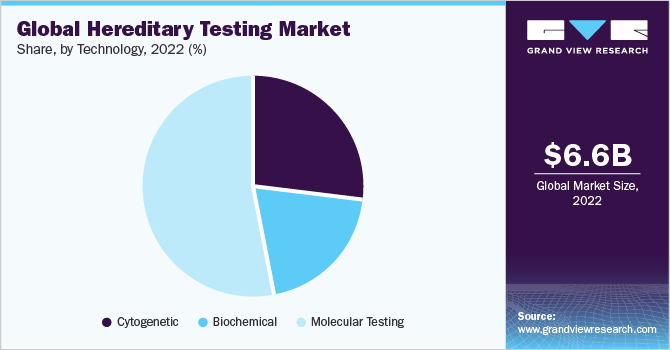Gene Panel Testing For Inherited Cancer Risk

Color analyzes genes including brca1 and brca2 associated with cancers where early knowledge can potentially make a difference.
Gene panel testing for inherited cancer risk. And even qualify patients for clinical trials allowing you to. This article describes the many gene panel testing options clinically available to assess inherited cancer susceptibility the potential advantages and challenges associated with various types of panels clinical scenarios in which gene. If a hereditary cancer risk assessment suggests an increased risk of a hereditary cancer syndrome referral to a specialist in cancer genetics or a health care provider with expertise in genetics is recommended for expanded gathering of family history information risk assessment education and counseling which may lead to genetic testing and. Results can reveal how quickly a cancer may progress.
Thus gene panel testing is now an option in the setting of genetic counseling and testing for cancer risk. By contrast dtc genetic testing for cancer risk often involves the analysis of common inherited genetic variants that individually are generally associated with only a minor increase in risk. Testing can be performed in the context of assessing for mutations in the germline related to inherited cancer risk or testing for genetic mutations in a solid tumor or leukemia lymphoma to gain insights into somatic mutations involved in carcinogenesis and potentially inform targets for treatment. The risk of developing breast cancer is 65 for brca1 mutation carriers and patients with lynch syndrome have a 78 lifetime risk of developing colorectal cancer.
To inform the clinical approach to hereditary cancer mgpt we comprehensively evaluated 32 cancer predisposition genes by assessing phenotype specific pathogenic variant pv frequencies cancer risk associations and performance of genetic testing criteria in a cohort of 165 000 patients referred for mgpt. Genetic testing is recommended by professional guidelines for patients with breast ovarian endometrial colorectal pancreatic and prostate cancers. Genetic testing is the most effective way to identify individuals with a genetic predisposition toward developing cancer. Identify germline mutations that inform treatment or surgical intervention.














































